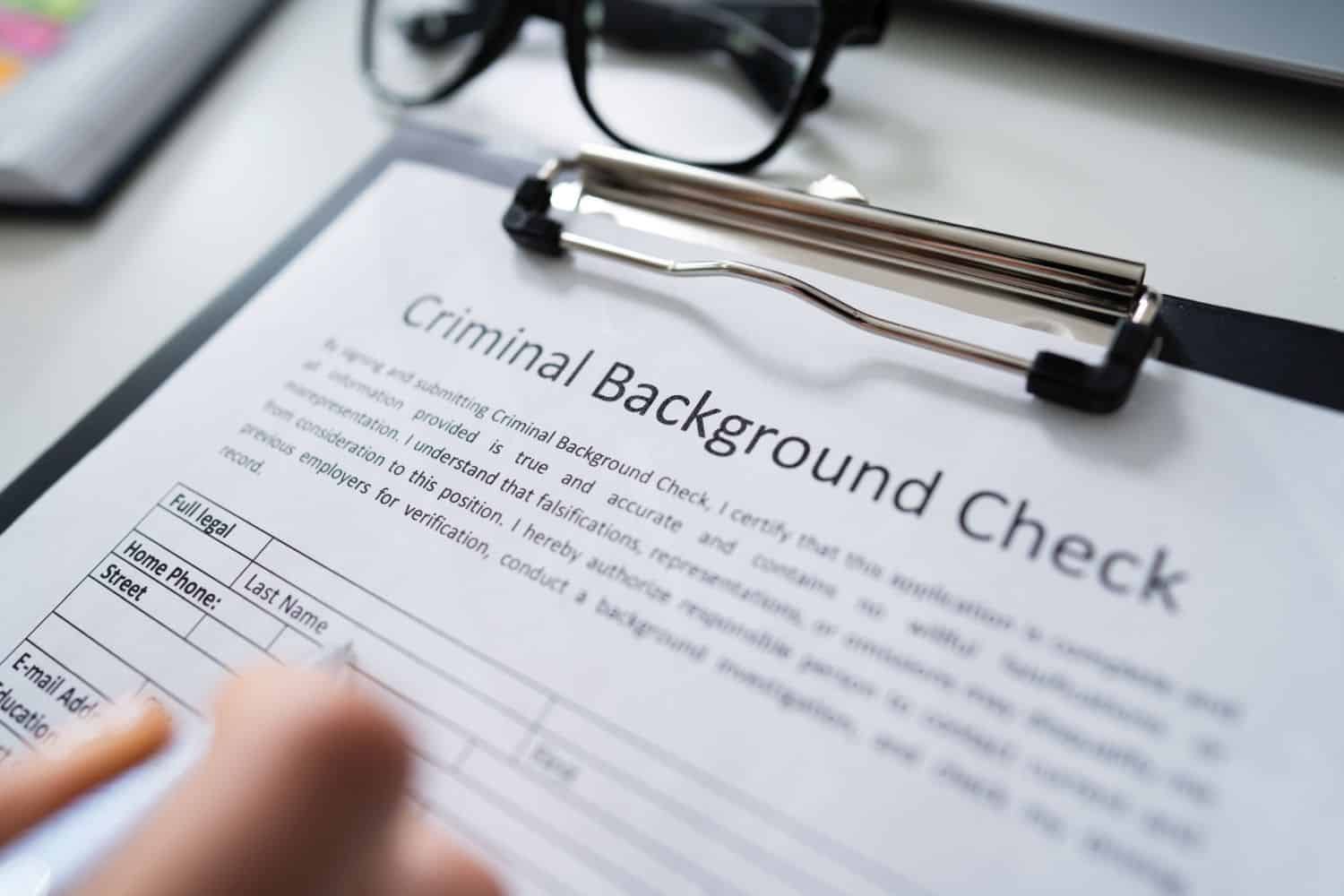Economist Thabi Leoka was fined and banned for being dishonest about her qualifications.
Many people in South Africa are applying for jobs, but businesses spend less on verifying applicants’ information, which often leads to hiring the wrong person.
A Background Screening Index (BSI) report by Managed Integrity Evaluation (MIE) shows that fake qualifications, identity fraud, and financial misrepresentations are infiltrating the hiring process.
Overlooking due diligence could lead to regulatory breaches, reputational damage, and financial losses.
ALSO READ: 5 tips on how to ask for a salary increase
How the report is compiled
The report released late March was based on more than 3.2 million background screening transactions.
To compile the report, MEI gathers data from various background checks such as criminal record checks, qualifications checks, identity checks, adverse financial history checks and employment history checks.
These are received from various companies in South Africa. MIE then analyses the data to identify trends, risks, and discrepancies in the background screening process.
MIE assesses the risk associated with each background check, providing insights into the credibility and integrity of individuals.
Qualification fraud
Jennifer Barkhuizen, Head of Marketing at MIE, said that among the most prominent concerns is qualification misrepresentation.
“Of the 652 133 qualification verifications conducted by MIE, 6.59% contained discrepancies, with matric certificates (7.82%) and tertiary short courses (8.28%) the most commonly falsified. Fraud is even higher for international qualifications, with 11% failing verification.”
Fraudulent qualifications are easily purchased online and on social media, making it imperative for employers to verify educational credentials.
The report said government and corporate sectors rely on the National Qualifications Register (NQR) for faster verification and fraud prevention.
ALSO READ: South Africa’s working women more at risk of toxic work stress according to report
Banned for using fake international qualification
Late in 2024, the Johannesburg Stock Exchange (JSE) fined economist Thabi Leoka R500 000 and banned her from holding any director or officer position at a publicly listed company for being dishonest about her qualifications.
Leoka has served as an independent non-executive director on the boards of listed companies such as Remgro Limited, Anglo-American Platinum Limited, and Netcare Limited. She claimed that she holds a PhD in Economics from the University of London, obtained in 2008.
She was also part of President Cyril Ramaphosa’s Presidential Economic Advisory Council.
The JSE found that there is no truth to her holding such a qualification, which is a breach of the provisions of the General Principle of the Listings Requirements.
Criminal background overlooked
The report revealed that criminal checks remain the most requested verification due to their role in mitigating workplace safety and fraud risks, with 939 863 screenings conducted in 2024.
Barkhuizen said 3.74% of candidates were unaware or dishonest about their criminal records.
“The demand for cross-border criminal verification is also rising, particularly in logistics, finance, and security.”
Is a clear criminal record important for a job?
Biron Madisa, associate in employment law practice at Cliffe Dekker Hofmeyr, said a clear criminal record is not an inherent requirement of any job. However, it can be an inherent requirement of a specific job.
It might be a requirement in a specific job in the financial sector.
This could be attributed to the nature of the job, as one would have access to confidential information and large amounts of money. Therefore, financial institutions can justify the requirement that an employee have a clear criminal record.
ALSO READ: Take care before you share: The dangers of social media use in the workplace
Social media: The background check that’s raising red flags
“Employers are also increasingly assessing candidates’ online behaviour as part of the hiring process,” explained Barkhuizen.
“Social media screening has surged, particularly in finance, legal, logistics and e-hailing industries, as companies seek to mitigate reputational risks.”
The report reveals that 69.44% of flagged content is linked to discriminatory remarks, while unprofessional behaviour and online misconduct are seen as red flags.
TikTok and X (Twitter) are the primary sources of problematic content, reinforcing the need for online behaviour checks in hiring decisions.
Cost-saving vs thorough hiring
She said that with hiring slowdowns, businesses are streamlining verification processes.
The challenge is balancing cost-efficiency with due diligence, and companies must ensure they mitigate risks while keeping hiring processes efficient.
She highlighted that AI and biometric authentication will assist in identifying, reducing, and preventing fraud incidents, while regulatory compliance in qualification verification and financial risk management will continue to tighten.
“The job market is evolving, and hiring practices must be adapted. Fraud is rampant, risks are rising, and the cost of getting it wrong has never been higher.
“Employers who fail to screen effectively risk not just bad hires but their reputation, compliance, and bottom line. Now is the time to act, because in today’s world, trust is not given – it’s verified.”
NOW READ: Why companies shouldn’t rely on AI for job profiling
